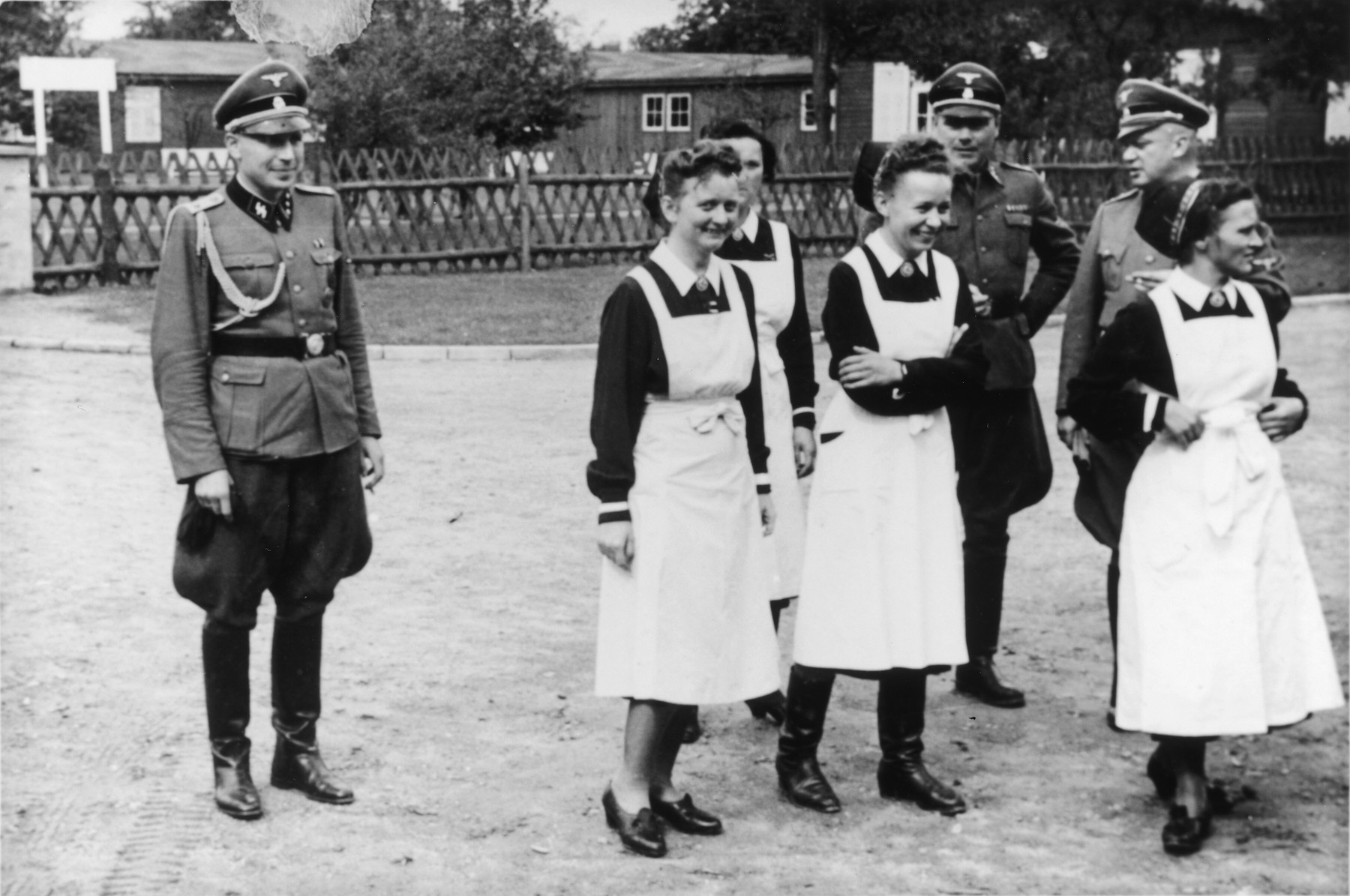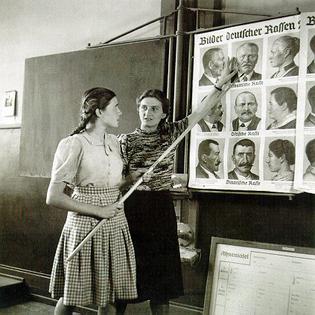Medicine to Genocide
Once the Nazis had come to power in Germany, the medical associations within the country began to rapidly change. The German Medical Association was created in 1871. It was once a democratic organization that prioritized public health and hygiene, as well as sickness and disability insurance. Questions of professional ethics got handled within two German courts. Societies composed of professional doctors became established, where they would discuss papers about malpractice and ethics (1). Medical training and education were also well-regulated. Most facilities required medical students to attend school for at least five years.

However, Nazi leadership would completely change the German Medical Association. Various physician organizations were created that devoted themselves to Nazi politics.

After the war began, Jewish physicians had their licenses taken away and were degrading in status because of Nazi antisemitism. Hospitals even began to refuse Jewish patients, and Aryan physicians forbid to administering help to Jewish patients. The totalitarian regime of the Nazis demanded that all medical practices committed to helping one another had to disappear. This was to establish a country based on genetic and racial hierarchy.
The health policies of Nazi Germany would continue to follow these principles. They aimed to reorganize the professional medical societies in a way that would benefit them. Furthermore, they sought out organizations that shared their values. They also looked for young doctors that could be easily influenced. General education and ability declined throughout Nazi doctors as they devoted most of their time to the political aspects of the organizations (2). German medical schools would use Nazis to teach classes, and they would often have no medical background.

The lack of training and expertise for doctors in Nazi Germany laid the foundation for mass genocide. Nazis were able to heavily influence the medical world and its doctors. Nazis injected ideals and principles into the teaching of the doctors. This prompted them to commit some of the worst crimes in history that would be brought to justice within the Nuremberg Trials.
- Stoltzfus, Nathan. “Societal Influences on the Promulgation and Enforcement of the Nuremberg Laws.” Soundings: An Interdisciplinary Journal 94, no. 3/4 (2011).
- Moss, Ronald. “The Abuse of Medicine as a Political Power in Nazi Germany.” Medicine and War 3, no. 1 (1987).